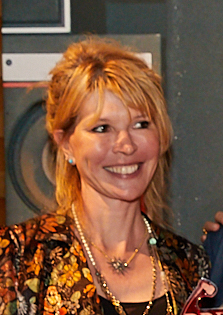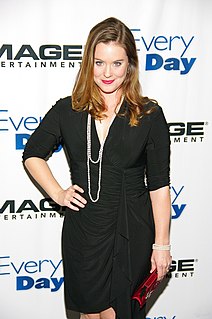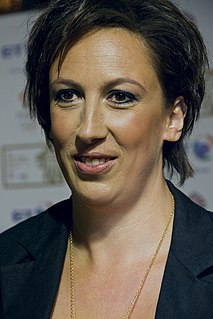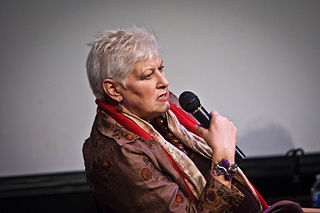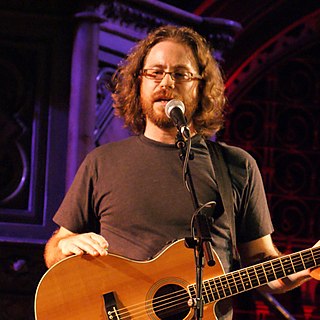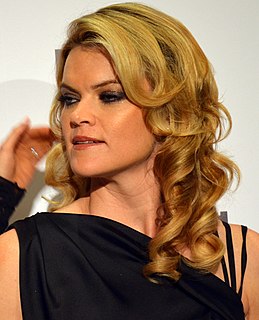A Quote by Julia Davis
I think, in comedy, you only hit about one or two great characters in your career. Sometimes my character will be just a sketch... what is the funniest situation to put this person in?
Related Quotes
There are certain things that I'll hear about and that I think will make a great book and I put it in a file. Sometimes it's a situation that interests me, and I don't even realize what I'm trying to say about it until I get closer to it. Sometimes the book after that I've written 125 pages of, and I can tell you what the book is after that. I just sort of have a linear progression, but more than anything, the topics land in your lap. I don't feel that I go out searching for them.
One of the great things about the longer you do a character, the more the writers start to understand your kind of character ticks and things that you like to do. The most exciting thing I think for a writer is when the characters just start speaking for themselves. You sit down at your keyboard and just stuff starts jumping out of their mouths. They just sort of wrote the scripts for themselves.
I think that if you just kind of try to throw together a sketch show, but you don't have any real vision for what you want to do with the sketch, I don't think your chances are very good. You know, "Let's just have a sketch show!" You have to do something different with it; you have to reinvent that form every so often.
I very easily decide in certain situations that I'm an outsider. That's just my own craziness. I think that I have sympathy for those characters who are like that, but I love it when the humor comes from a character who is serious about his situation - only the way he's thinking about it is all wrong, or the ways he's solving his problems are never going to work.
I think bringing depth to characters means really needing to find out who this girl is, what is she passionate about, what makes her tick, what gets her going in life. So I did a lot of backstory for who she was and sometimes it comes across screen and sometimes it doesn't. You never know, because you're not the director, but you can only do your work and hope that it somehow subtly is infiltrated in that. But I think the characters I've played for the most part have depth, just not in the way that you think they do.
